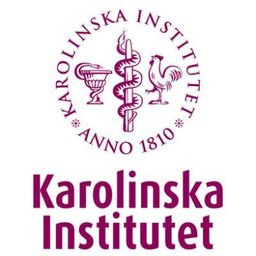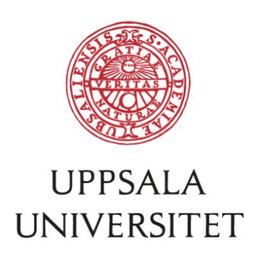Keen to drive high-quality medical research with real clinical impact?
Our group is interested in studying primary sclerosing cholangitis (PSC) and its associated outcomes including bile tract cancers (BTC). We design and evaluate innovative diagnostic strategies and early markers for disease progression, patient stratification and prognosis. Our large, well-characterized PSC cohort enables epidemiological, clinical, and translational research. We contribute to national and international networks, including SWEHEP and the International PSC Study Group (IPSCSG).
Your mission
Primary sclerosing cholangitis (PSC) is a rare cholestatic disease involving inflammation and fibrosis of intra- and extra-hepatic bile ducts, closely linked to inflammatory bowel disease (IBD) and associated with a high risk of bile tract malignancies. In this role, you will develop a pipeline for array-based DNA-methylation analysis, ensuring rigorous quality control, documentation, and reproducibility. Furthermore, you will also conduct multi-omics integration across miRNA, proteomics, and metabolomics using approaches such as weighted networks and machine learning. You will contribute to data curations and analysis, visualization and reporting, and result interpretation. In the daily work you will collaborate with a senior bioinformatician and expert clinicians and immunologists to align analyses with biological reality and clinical needs. During the first month, you will also perform simple laboratory tasks such as aliquoting and streamline sample storage, management and handling. You will present results internally and contribute to manuscripts as the work progresses. The position is a fixed-term employment for 6 months.
Your profile
You hold a Master’s degree (or equivalent) in Bioinformatics/Computational Biology with several prior professional experiences in data-driven biomedical research and are confident in coding R and manage projects with Git/GitHub. Practical experience with machine learning, omics and multi-omics workflows is necessary and familiarity with methods such as WGCNA and mixOmics DIABLO is an advantage. You are comfortable building, maintaining, and refactoring analysis pipelines and can support tool migration. Prior knowledge in PSC and/or BTC is a strong advantage. Having prior exposure to laboratory environments and basic handling procedures such as aliquoting is expected. Fluency in English, both written and spoken, is essential. Thriving in a collaborative environment, reliably meeting deadlines, and working independently when needed are key qualities for this role.
We place great importance on personal suitability.
What do we offer?
A creative and inspiring environment with wide-ranging expertise and interests. Karolinska Institutet is one of the world's leading medical universities. Our vision is to pursue the development of knowledge about life and to promote a better health for all. At Karolinska Institutet, we conduct successful medical research and hold the largest range of medical education in Sweden. Karolinska Institutet is also a state university, which entitles you to several good benefits through our collective agreement. And you get to practice freely in our modern wellness facilities, where trained staff are on site.
Location: Flemingsberg
Choose to work at KI – Ten reasons why
https://ki.se/en/research/research-areas-centres-and-networks/research-groups/annika-bergquist-group#tab-start
Application
Welcome to apply at the latest 9 september 2025.
The application is to be submitted through the Varbi recruitment system.In this recruitment, you will apply with your CV without a personal letter. Instead, you will answer some questions about why you are applying for the job in the application form.


